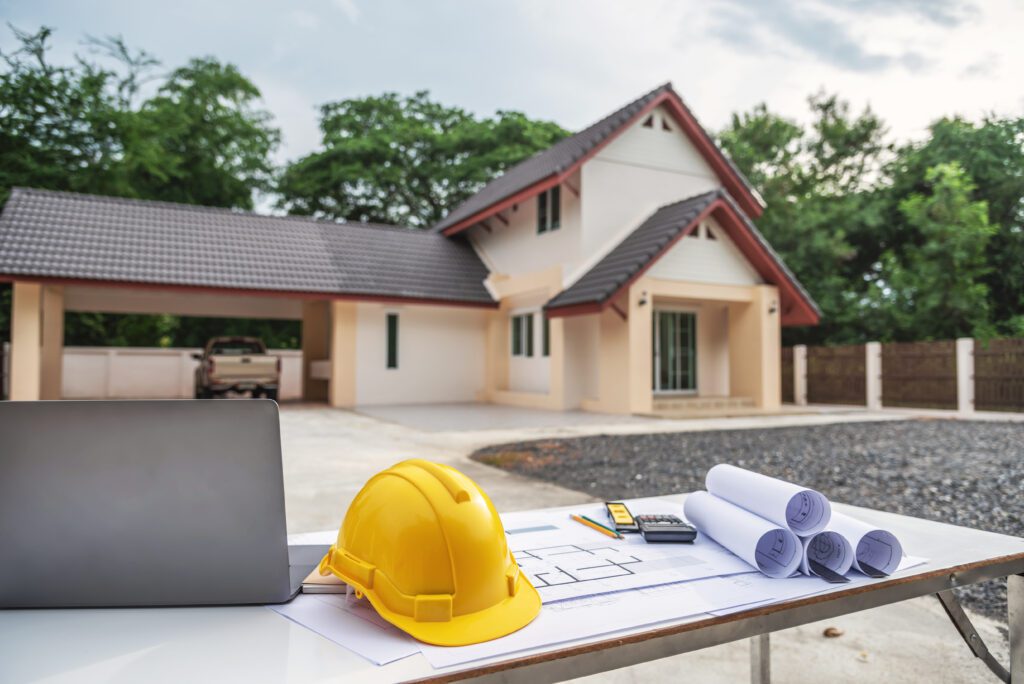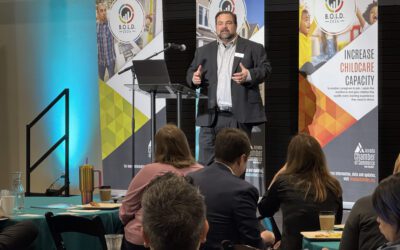By Marsha Barancik, Senior Vice President of Strategic Impact
On Friday, May 5, the Common Sense Institute released its first quarter construction analysis. The report analyzes trends in housing affordability in seven counties in the Denver Metro area and five other large counties in Colorado.
Below are three key insights from this quarterly analysis informing the B.O.L.D. 2026 initiative’s workforce housing priorities.

- Permits: Metro-Denver is not on track to issue enough housing permits to close the supply gap and meet projected demand by 2028.
One of several variables strapping development for more housing to accommodate the region’s workforce is a lack of new construction housing permits. Based on permit data through March 2023, projected demand calls for 26,000 to 37,600 permits, but only 21,120 permits are on track to be issued. Five of the area’s seven counties are off track in 2023 including Adams, Arapahoe, Boulder, Broomfield, and Jefferson County. Denver and Douglas counties are currently slated to meet demand.
“To avoid a similar collapse in new home building that followed the last recession, permitting must remain at elevated levels for the next several years,” according to the analysis.
- Multi-family: Permits for multifamily structures in Metro-Denver’s seven counties are currently tracking above permits for single-family homes.
Through March, 38.7% of housing permits this year are for single-family homes and 61.3% are for multi-family homes. In 2022, 41.8% of housing unit permits were for single-family homes and 58.2% were for multi-family.
The Q1 uptick in multi-family permits from year-end 2022 is a promising indicator that more workforce housing units will come online by year’s end. The exact number of units aligned with 60-12% AMI households is undetermined.
- Property taxes: Increased 2023 property taxes (paid in 2024) for Colorado’s most populous counties will increase 35% on average.
At 2023 average wage rates (equalling $59 per hour), this increase in taxes will require an additional 26 hours per year of labor for a total of 99 hours per year. The total number of hours required to pay for residential property taxes in 2024 is as follows:
- Jefferson County: 104 hours, a 33% increase
- Adams County: 109 hours, a 34% increase
Read the full report: “Colorado’s Housing Affordability Report: The Impact of Home Prices, Interest Rates, and Property Taxes (Author: Steven L. Byers, Ph.D.).”
Through the B.O.L.D. 2026 initiative, the Arvada Chamber of Commerce advocates for developments, housing policies and construction processes that align with the needs of our local businesses. Learn more about our region’s housing challenges and our work at www.arvadachamber.org/bold2026-housing.



0 Comments